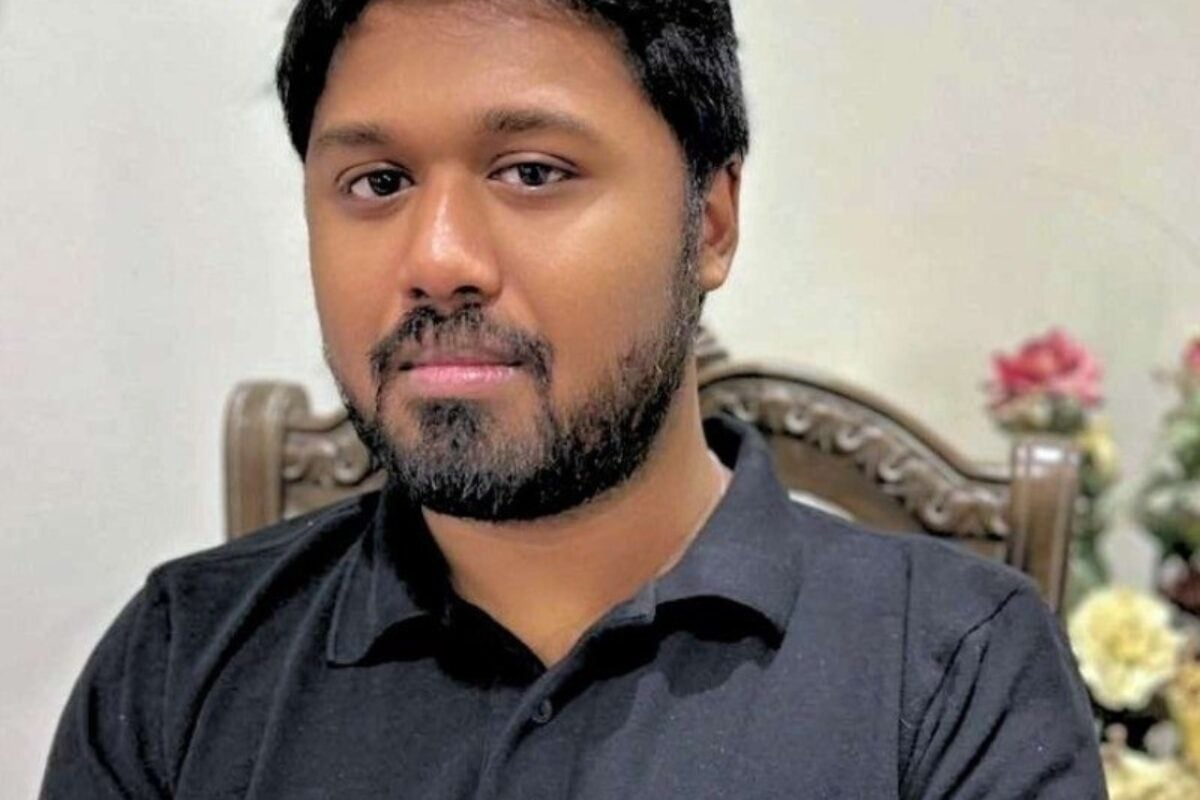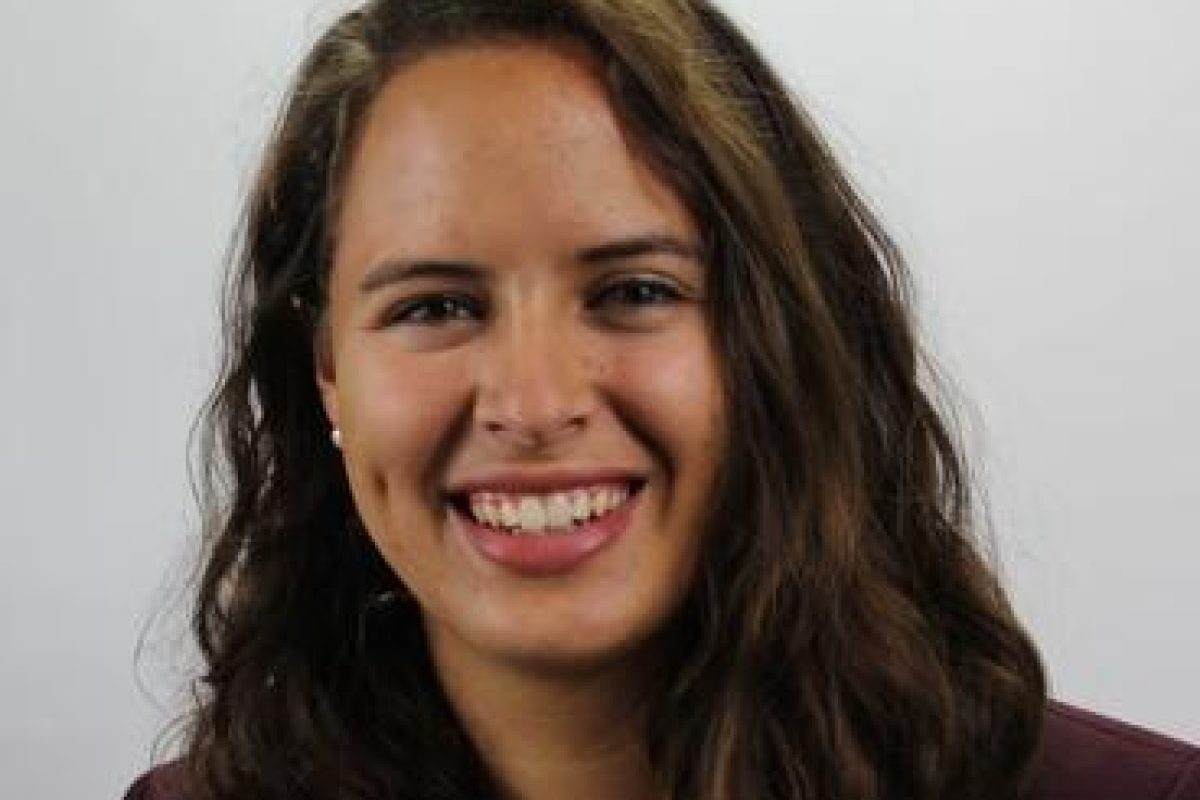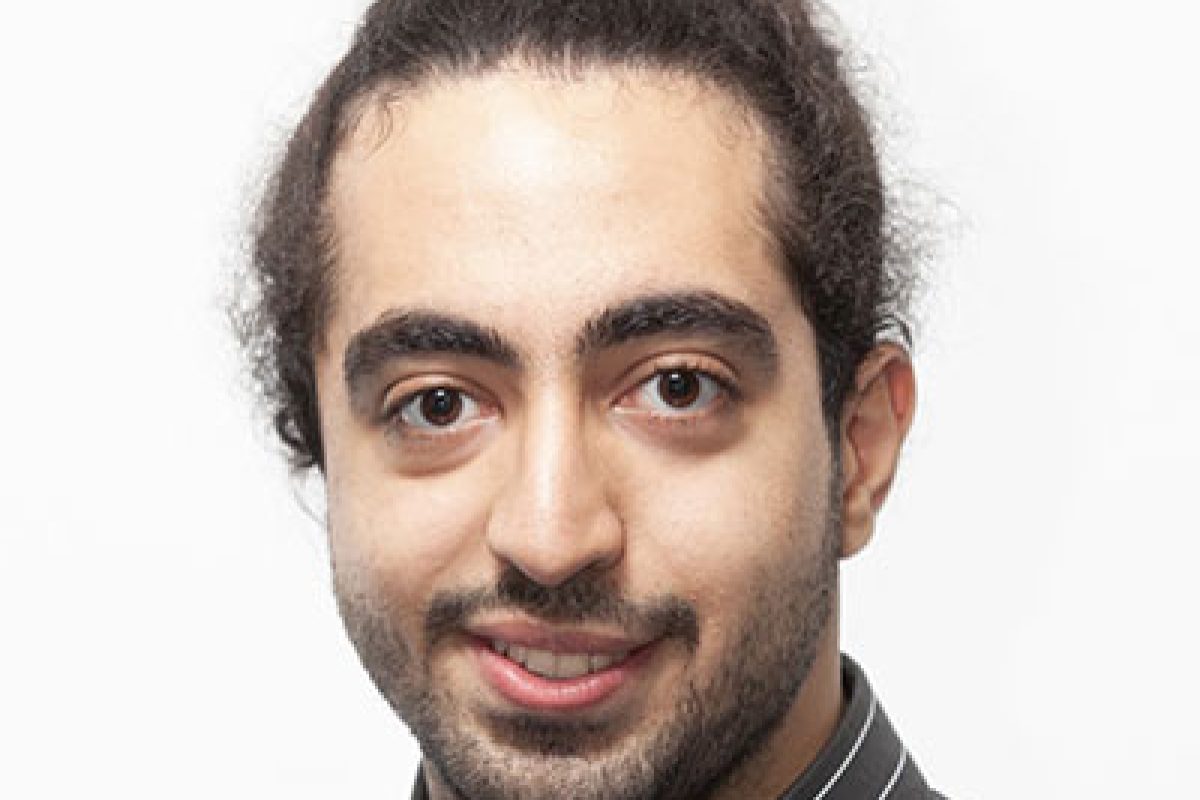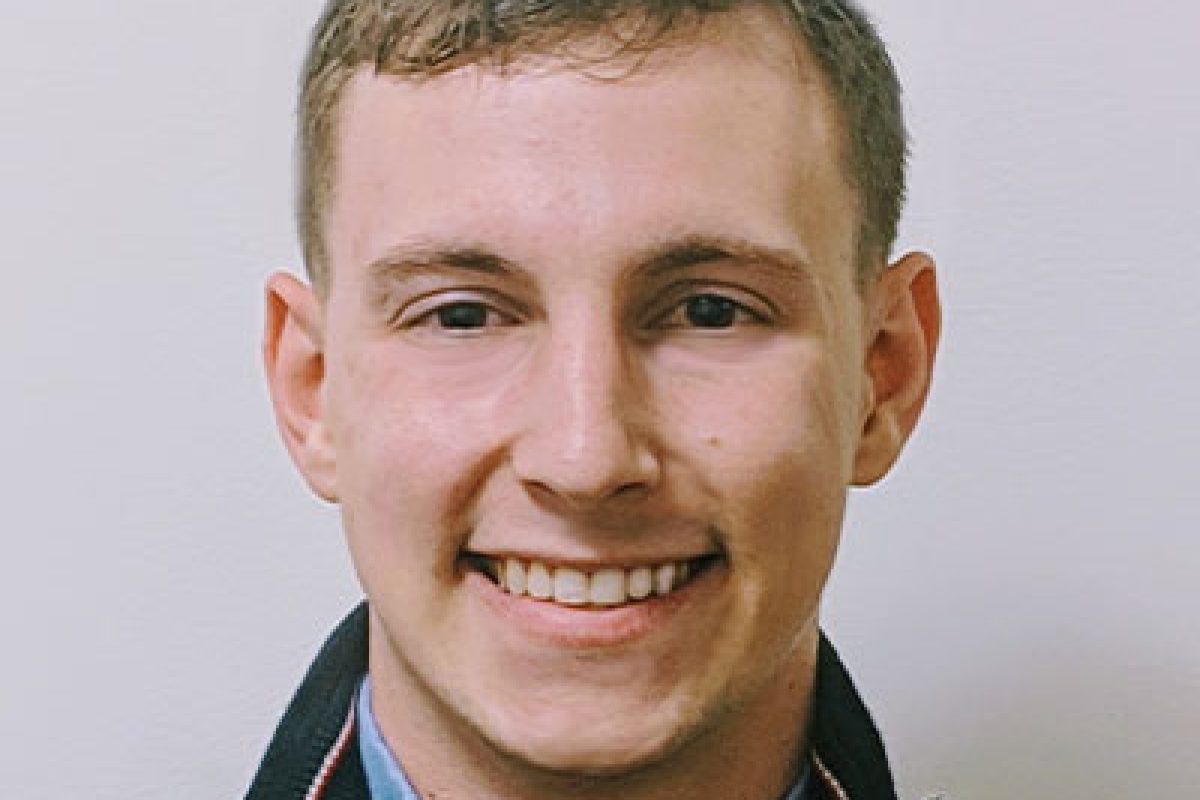Surya Pandiaraju
Surya Pandiaraju is a PhD student in the Biomedical Engineering department at The Johns Hopkins University. He earned his undergraduate degree in BME from the University of Waterloo and has experience with neural data analysis in both industry and academic contexts. Surya is interested in translational research leveraging methods in neural signal processing and machine learning to improve tools and treatments for clinicians and patients.
Clara Lemaitre
Clara Lemaitre is a PhD candidate in the Biomedical Engineering Department at the Johns Hopkins University with a BE in Computer Engineering and a BS in Computer Science from the University of Minnesota – Twin Cities. At Hopkins, she is investigating biomarkers for neuropsychiatric disorders and is jointly advised by Sridevi Sarma and Adam Charles. Her research interests include neural signal processing, machine learning, and computational psychiatry.
Sayyida Shazia
Autumn Williams
Autumn Williams is a PhD candidate in the Biomedical Engineering Department at the Johns Hopkins University with a BS+MEng in Operations Research from Cornell University and an MS in Biomedical Engineering. Prior to joining the graduate program at Hopkins, she worked as a Senior Analyst in Clinical Integration Services for MedStar Health. At Hopkins, she is investigating quantitative electrophysiological biomarkers of disorders of consciousness. Her research interests include neural signal processing, biostatistics, machine learning, and neuroethics.
Amir Hossein Daraie
Amir Hossein Daraie is a PhD candidate in the Biomedical Engineering Department at The Johns Hopkins School of Medicine and an M.Eng. student at the Applied Mathematics and Statistics at Johns Hopkins University. He is working on epilepsy seizure prediction, brain stimulation, and seizure network analysis under Professor Sridevi Sarma, Dr. Adam Charles and Dr. Joon Yi-Kang, MD. He earned his dual bachelor’s degree in biomedical and electrical engineering at Tehran Polytechnic. He worked as a research intern at Donders Centre for Cognitive Neuroimaging,
Netherlands. At the Donders Sleep & Memory Lab he developed soft- and hardware solutions for home-based sleep recordings and sleep modulation using single-electrode EEG and deep and machine learning algorithms under the supervision of Prof. Martin Dresler. He has several years of experience as a software developer and embedded system designer in international robotics competitions, RoboCup.
Patrick Myers
Patrick Myers earned his BS and MSE in Biomedical Engineering from the Johns Hopkins University. His recent research includes creating a network-based biomarker for epilepsy, generated from analyzing scalp EEG recordings. He is currently a Doctor of Engineering candidate in the Neuromedical Control Systems Laboratory and Assistant Research Scientist with the Institute of Computational Medicine. For this program, he is collaborating with Dr. Yun Guan to develop a robust closed-loop stimulation system to control chronic pain.









